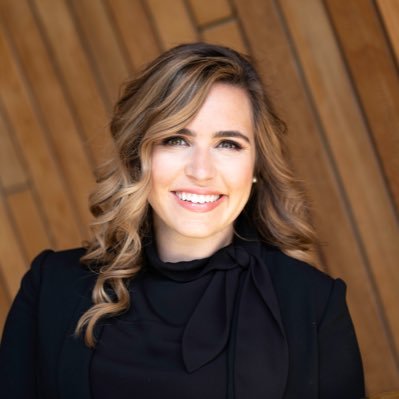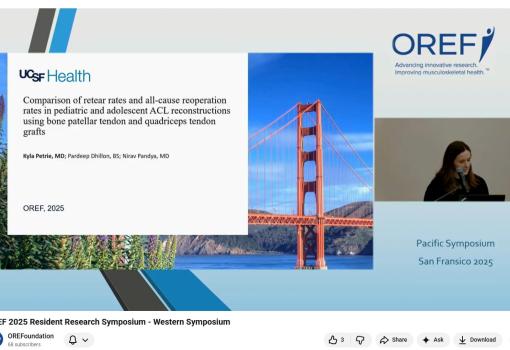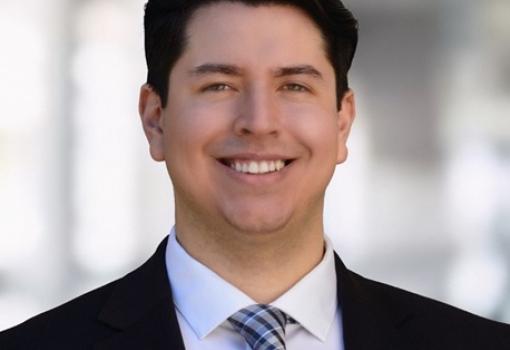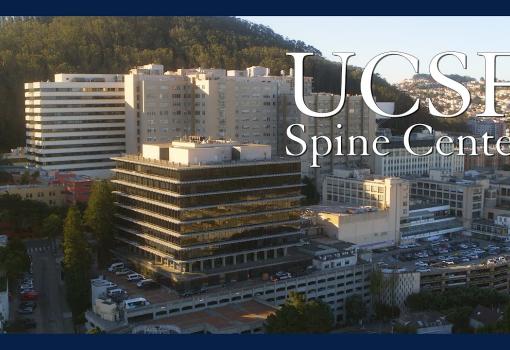
Kelsey Collins, PhD, joins the faculty of the UCSF Department of Orthopaedic Surgery. Dr. Collins investigates the molecular mechanisms of tissue crosstalk in osteoarthritis. (Courtesy Photo)
SAN FRANCISCO (April. 3, 2023) -- The UCSF Department of Orthopaedic Surgery is pleased to announce that Kelsey Collins, PhD has joined the faculty of the UCSF Musculoskeletal Center.
Dr. Collins completed her undergraduate work in Exercise Biology at UC Davis, and earned her PhD in Biomedical Engineering at University of Calgary, under the direction of Dr. Walter Herzog. During her postdoctoral studies in the Guilak Laboratory at Washington University in St. Louis, she created a tissue engineering and regenerative medicine platform to determine the signaling mechanisms between adipose and musculoskeletal tissues. For this work, she received the New Investigator Recognition Award from the Orthopaedic Research Society in 2020 and was named among the inaugural class of Rising Stars in Engineering in Health by Columbia University in 2020. Her transition to independence is supported by an NIH NIAMS K99/R00 Award in which she aims to determine the role of adipokines in osteoarthritis (OA) susceptibility, pain, and generate a new class of OA therapies.
In the UCSF Laboratory for Musculoskeletal Crosstalk, Dr. Collins and her lab will leverage interdisciplinary approaches in bioengineering, endocrinology, and physiology to determine molecular mechanisms of tissue crosstalk in osteoarthritis. Their work aims to delineate fat-cartilage signals that contribute to osteoarthritis susceptibility and pain to generate a new class of regenerative medicine-based therapies. They use in vitro and in vivo approaches, induced pluripotent stem cells, CRISPR-Cas9 genome engineering, mouse models, human tissues, and state-of-the-art multi-omic spatial approaches. As pathological fat signaling may play a role in many disease processes, they work to define the mechanisms and create therapies that have implications to aging, obesity, diabetes and other chronic diseases.
###


